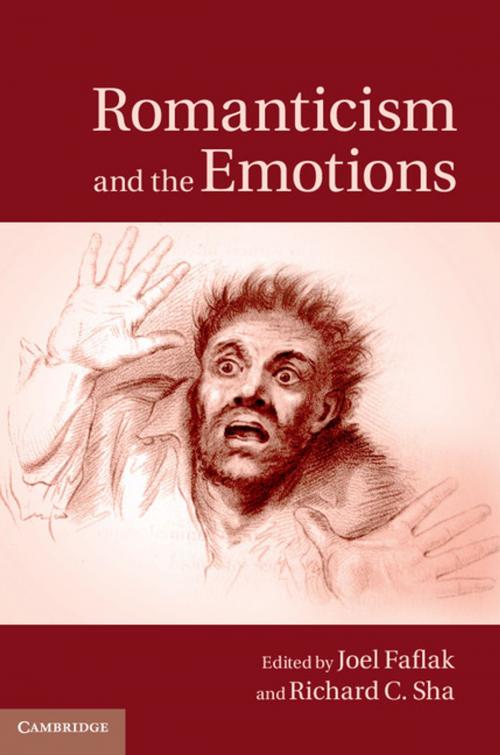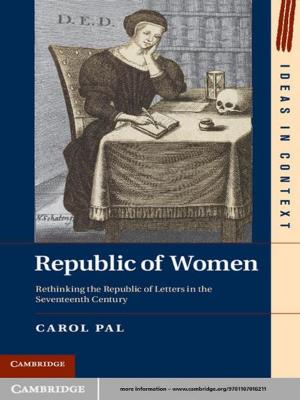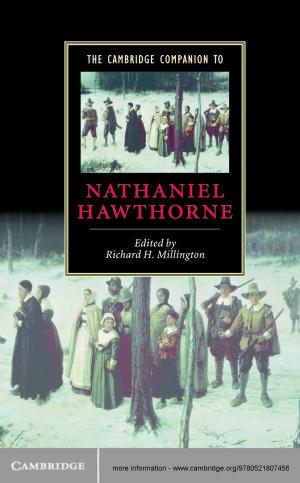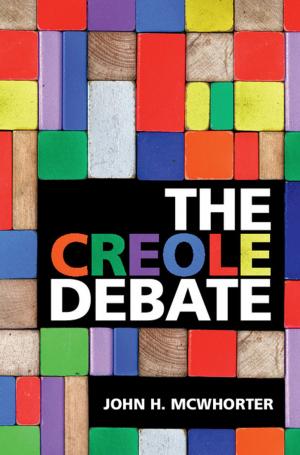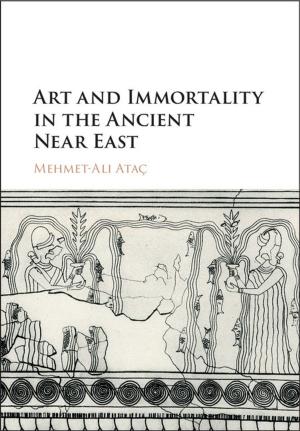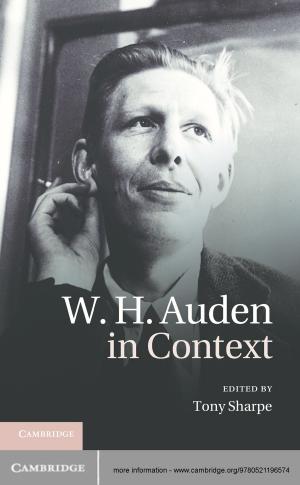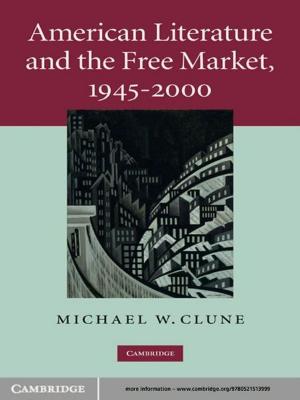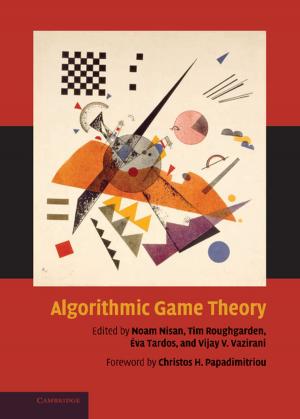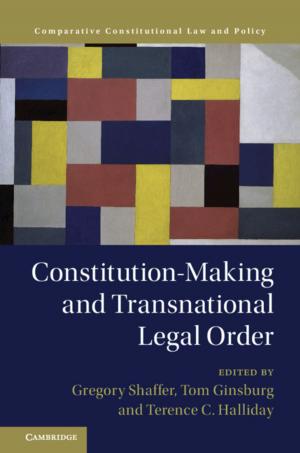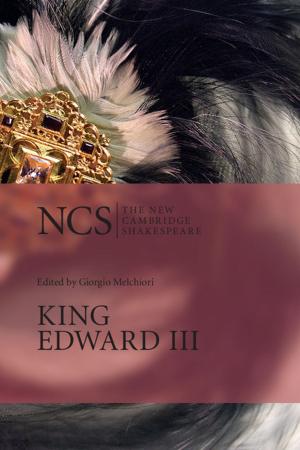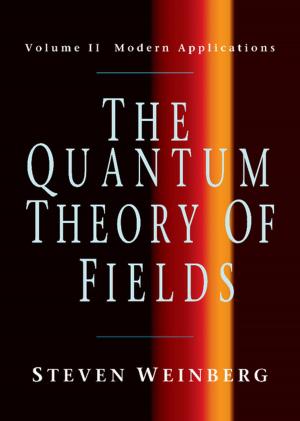| Author: | ISBN: | 9781139862424 | |
| Publisher: | Cambridge University Press | Publication: | March 13, 2014 |
| Imprint: | Cambridge University Press | Language: | English |
| Author: | |
| ISBN: | 9781139862424 |
| Publisher: | Cambridge University Press |
| Publication: | March 13, 2014 |
| Imprint: | Cambridge University Press |
| Language: | English |
There has recently been a resurgence of interest in the importance of the emotions in Romantic literature and thought. This collection, the first to stress the centrality of the emotions to Romanticism, addresses a complex range of issues including the relation of affect to figuration and knowing, emotions and the discipline of knowledge, the motivational powers of emotion, and emotions as a shared ground of meaning. Contributors offer significant new insights on the ways in which a wide range of Romantic writers, including Jane Austen, William Wordsworth, Immanuel Kant, Lord Byron, Mary and Percy Bysshe Shelley, Thomas De Quincey and Adam Smith, worried about the emotions as a register of human experience. Though varied in scope, the essays are united by the argument that the current affective and emotional turn in the humanities benefits from a Romantic scepticism about the relations between language, emotion and agency.
There has recently been a resurgence of interest in the importance of the emotions in Romantic literature and thought. This collection, the first to stress the centrality of the emotions to Romanticism, addresses a complex range of issues including the relation of affect to figuration and knowing, emotions and the discipline of knowledge, the motivational powers of emotion, and emotions as a shared ground of meaning. Contributors offer significant new insights on the ways in which a wide range of Romantic writers, including Jane Austen, William Wordsworth, Immanuel Kant, Lord Byron, Mary and Percy Bysshe Shelley, Thomas De Quincey and Adam Smith, worried about the emotions as a register of human experience. Though varied in scope, the essays are united by the argument that the current affective and emotional turn in the humanities benefits from a Romantic scepticism about the relations between language, emotion and agency.
